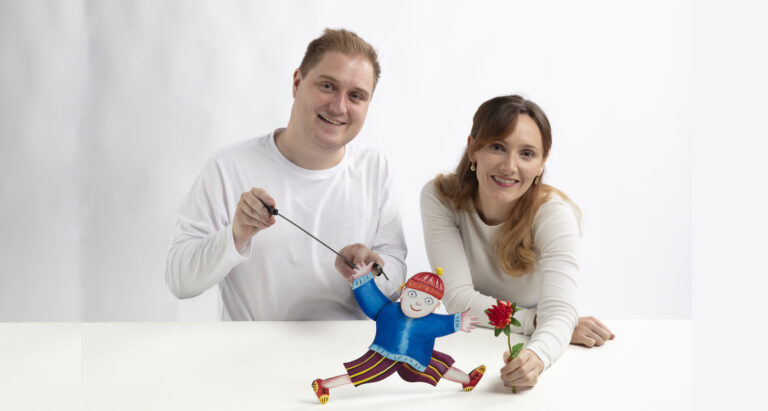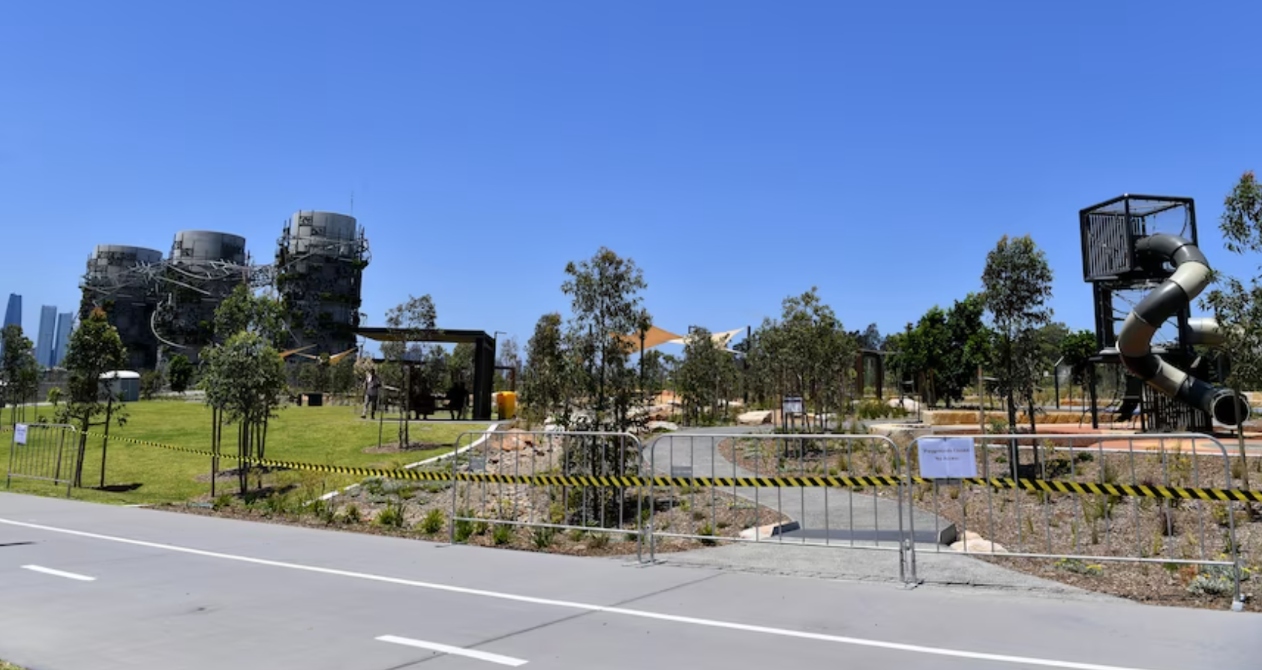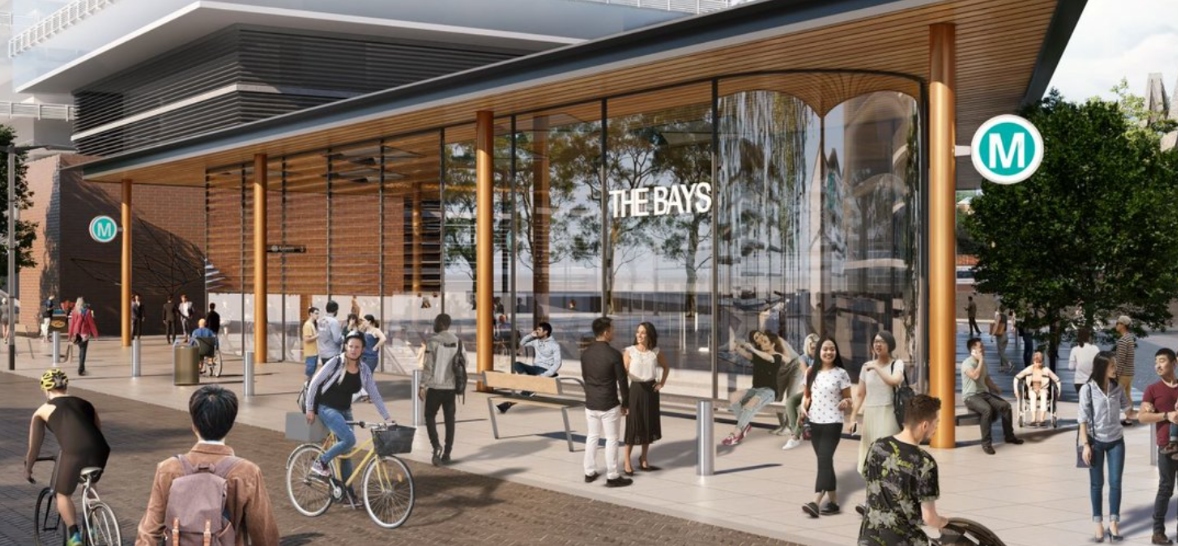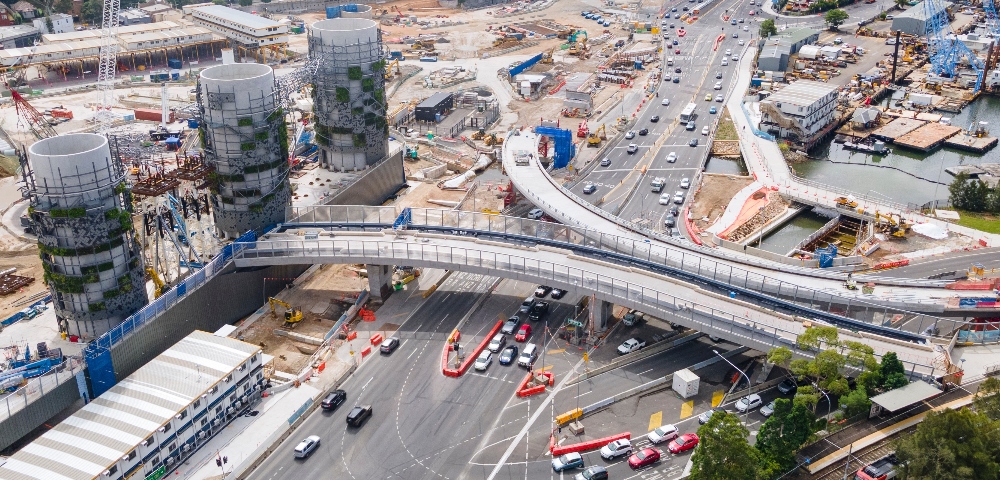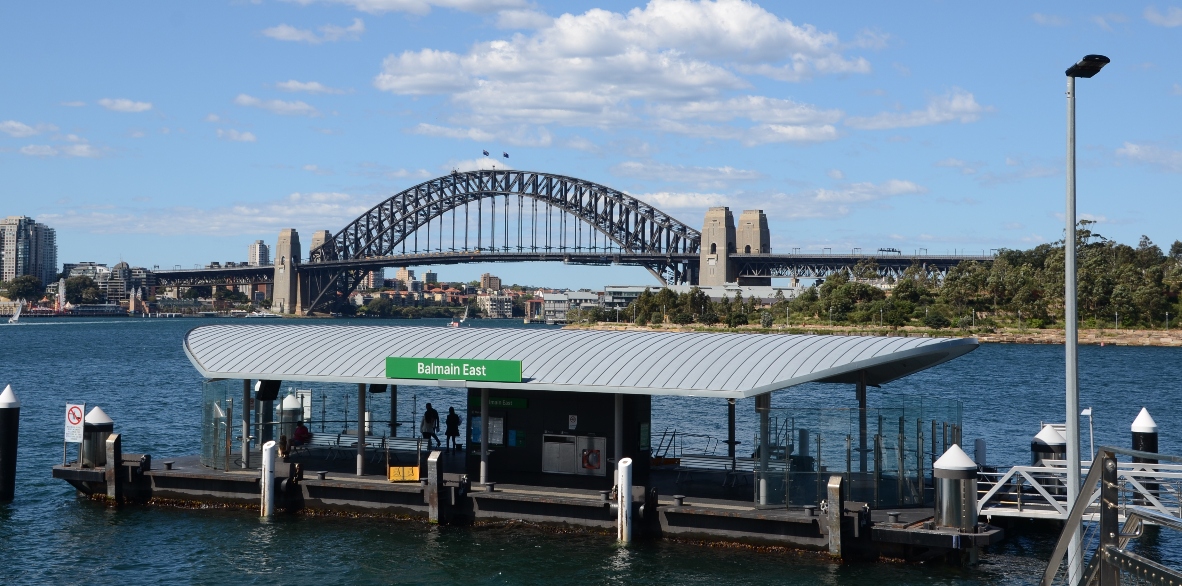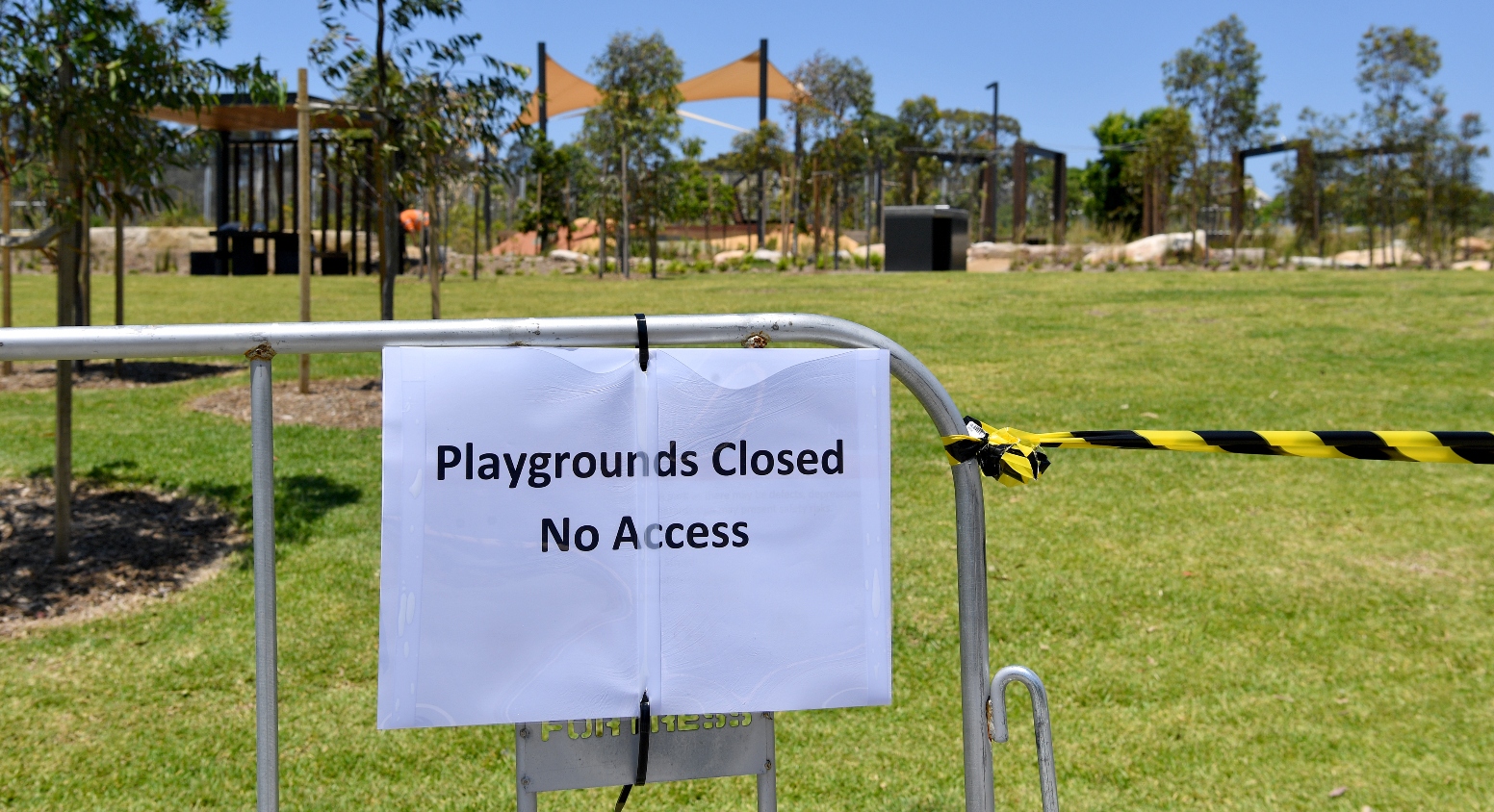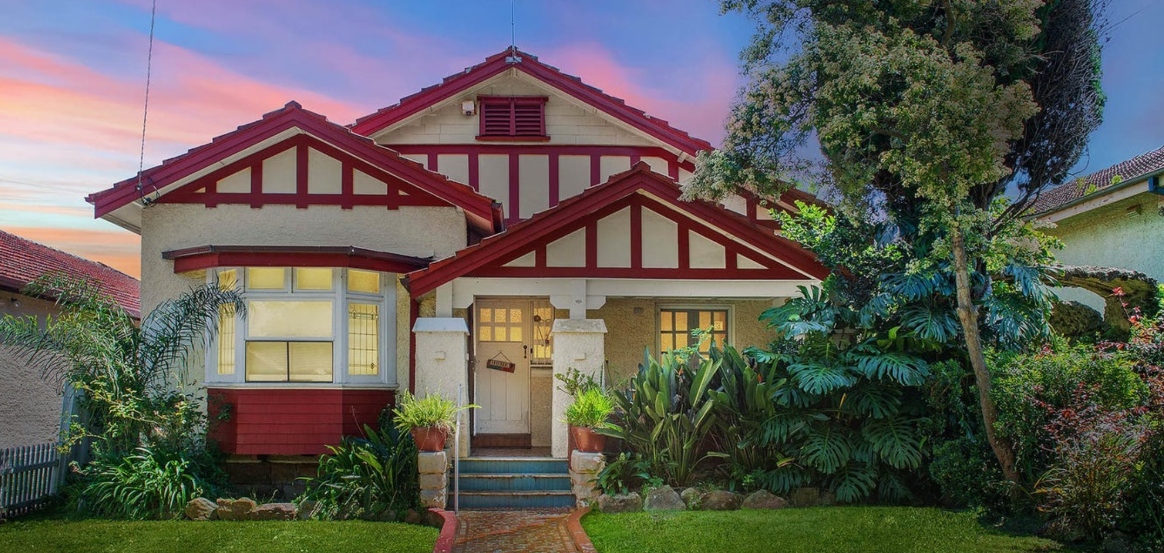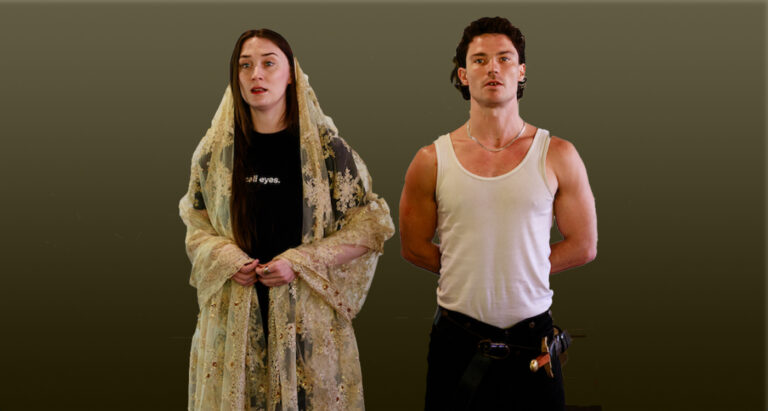
The Inner West’s war on waste
By KATE RAFFERTY
The Inner West is making moves towards a more ecologically sustainable community, with reuse, recycling and a circular economy at the heart of new Council and community initiatives.
At government level, the Inner West Council has released their new “Zero Waste Strategy 2021-2036” draft document, which outlines ways to address and reduce issues of waste in the Inner West over the next 15 years.
Inner West Council Mayor Darcy Byrne says the main issue he’s keen to tackle is food waste.
“I’m really passionate about extending food recycling in the Inner West, and that’s because the reductions in carbon emissions will be massive, just by recycling food and organic material instead of dumping it at landfill,” he said.
“Not to mention, the savings for residents will be very significant, in the millions of dollars, and that will grow exponentially over time.”
One way that Council aims to target food recycling is by rolling out a food recycling service for all apartments and households in the Inner West. Currently the programme only exists for apartments, which provides specific table-top and kerbside bins for food scraps, as well as compostable bin bags.
The bins are collected and recycled at EarthPower, a unique food waste-to-energy facility in Camellia, which converts methane gas released by food scraps into green electricity.

Mayor Byrne says this would be a big, but valuable investment for the Council, which would call for establishing a new system of waste collection, and also education for the community.
Key news also from the strategy is the relocation of The Bower and Reverse Garbage to Summer Hill. Having outgrown their facilities at Addison Road in Marrickville, the two organisations are expected to move to the Inner West Council Works Depot at 7 Prospect Rd, Summer Hill.
While many residents would prefer to see the organisations stay at their Addison Road home, Mayor Byrne says there are new opportunities that come with the relocation.
“I think there’s the potential for a much bigger partnership between Council and these two not-for-profit organisations,” he said.
Waste collection
While not the most glamorous, another item on the agenda is bins.
Greens councillor Marghanita Da Cruz says with the amalgamation of Councils, the Inner West has seen a disharmony between what bins different areas are using.
In Marrickville and Ashfield, households have a yellow and red bin, but in Leichhardt, households own a yellow, red and blue bin for paper. Council is looking to harmonise these services, so each household in the Inner West has a large yellow bin, and smaller red bin.
For councillor Da Cruz, the more exciting development is the introduction of more community drop-off points for e-waste and hard to recycle items.
“We know the community has been very keen on this, so we’ll be looking to add more drop-off points at local libraries and service centres to help with the safe disposal of items like batteries, x-rays or fluorescent light globes,” she said.
While the draft remains on exhibition, Council will be reviewing community feedback submissions and plan to finalise the strategy by the beginning of the next financial year in July 2021.
Sustainability made easy
Council is not the only one making greener choices. Local not-for-profit and cooperative, The Village Project, is choosing to revamp and renovate its new home in Summer Hill through entirely sustainable means.
Their latest project is a collaboration with UNSW’s SMaRT (Sustainable Materials Research and Technology) Centre, using their Green Ceramics™ recycling technology to turn unwanted or broken porcelains, textiles and glass into ‘green ceramics’ that will furnish The Village Project building.
Bindi Lea, co-founder and project manager at The Village Project says their aim is to model how sustainable renovation can be made easy.
“We want to show that we can transform a whole building completely sustainably, across three floors, and across all kinds of spaces,” she said.

To take full advantage of UNSW’s Green Ceramics™ technology, the group ran a glass and clothing waste collection event, which saw over 400 Inner West residents drop-off all kinds of reusable material.
The collected waste will be manufactured through the SMaRT Centre’s Green Ceramics MICROfactorie™, where a process of heat and compression reforms collected materials into an entirely new resource, including tiles, bench tops and table tops.
Stella Robison, an interior design team member at The Village Project said the SMaRT Centre’s technology has been a ‘perfect fit’ for the team and their sustainable design plans.
“The Green Ceramics technology was the perfect way to show how the community’s materials would be reused in a circular way, going straight back into our building.
“What is great about this technology is every item gets reused in some way,” she said.
According to Ms. Lea, the Project’s design plans will go further than just modelling the ethical way, with plans to educate visitors to the building about how materials have been reused.
“Each item of furniture or furnishing will have a chip in it, so people can just tap their phone on the chip and then they can read an explanation about the item and also find out where to buy it”, she said.
In the future, Ms Robison says The Village Project hopes to partner with more innovative companies and encourage ethical consumerism in other ways.
“We’re hoping to build a recycling hub for problem waste in the future, and we want to run more recycling events, so we can get more education about recycling issues, and maybe looking at it in a revolutionary way.”
Zero waste in the kitchen
Following the push towards waste reduction, the Addison Road Community Organisation has launched a zero-waste kitchen at their home in Marrickville.
The kitchen will prepare meals for those in the community who are otherwise going without, using donations from the food rescue not-for-profit organisation, SecondBite, and Coles.

Rosanna Barbero, CEO at Addison Road Community Organisation says the aim of the kitchen is to support community members in need, through the most sustainable means possible.
“The great thing about our new kitchen is that every piece of food will have been rescued from landfill, which means less impact on the environment and less waste,” she said.
“From there, the food can go through another stage, which is being cooked and enjoyed by the members in our community who really need it.”
Since October 2018, Addison Road Centre has worked with Coles and SecondBite to rescue 133,264kgs of food that would otherwise go to landfill.
Through this initiative, and with the opening of the new Coles at Marrickville Metro, those figures will increase and circle back into the community at a greater rate.
At the launch of the new zero waste kitchen, Federal opposition leader, Anthony Albanese, praised Addison Road for pioneering a new way to give back to the community.
“What’s great about this initiative is you have an enormous difference being made in reducing the environmental footprint of food being produced, and an enormous difference as well, in helping those who need it,” he explained.
“It’s about giving people a hand up as well as a hand out, and working together to promote living sustainably, and we’ve certainly got to do more of it.”
